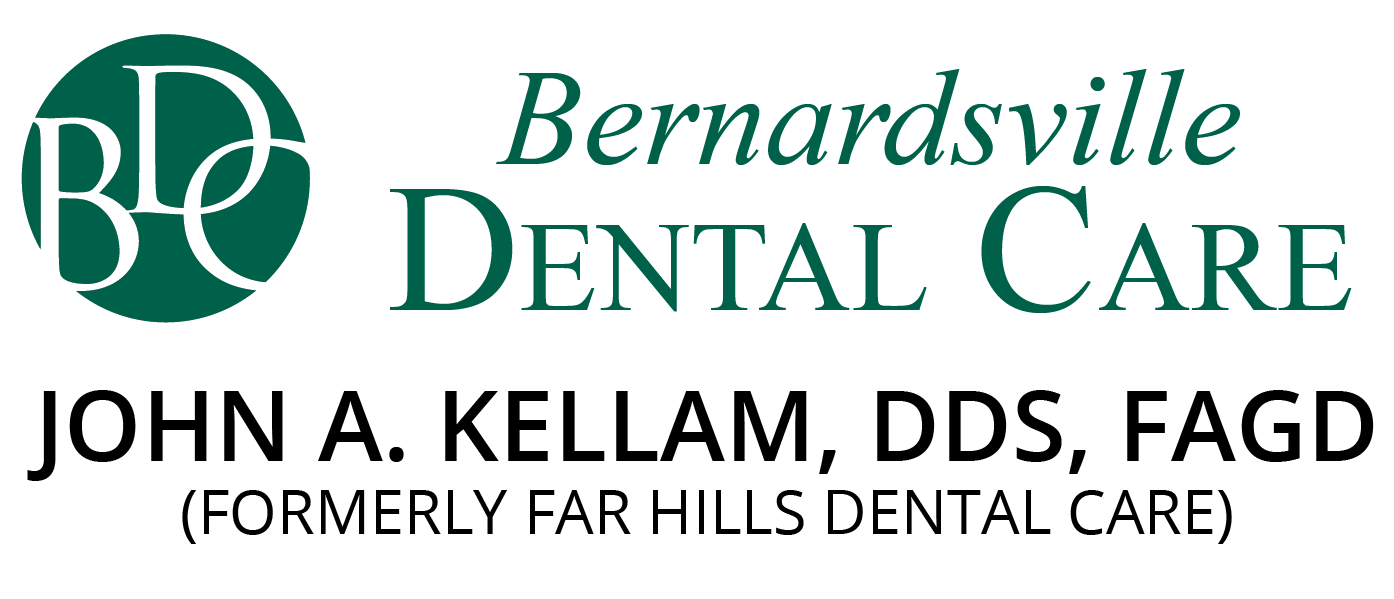Dental Health and Root Canals
There was a time in the not too distant past when a tooth with a diseased nerve had to be pulled. Today, root canal therapy (RCT) has rendered extraction unnecessary, allowing patients to keep their real teeth, and all the benefits that entails.
Root Canal Therapy is among the most common dental procedures in the world and can be completed in just one to three visits. This simple treatment can save your tooth, preserving your natural function and aesthetics.
The Purpose of Root Canal Therapy
RCT works because a tooth’s nerve is not essential to your oral health. Once the tooth has risen above the gum line, the nerve works only to provide sensory feedback, not structure. Whether the nerve is there and functioning or not will have no impact on the everyday function of the tooth.
Should a tooth become cracked or decayed, it may create an opening for bacteria to enter and infect the pulp tissue within. Without treatment, an abscess may form within the tooth. Pain and swelling may follow. This not only causes discomfort; it can also endanger the health of your jawbone and present a significant risk to your overall health. In the absence of Root Canal Therapy, the tooth may need to be removed.
Signs RCT is indicated
Contrary to popular belief, teeth requiring root canal treatment may not always cause pain. A toothache is certainly one of the signs that a root canal may be needed, however. Pain when chewing, extreme sensitivity to hot and cold foods, dark discoloration to the enamel, and swelling are all indications that a root canal may be necessary. Should you experience any of these symptoms, contact your dentist immediately.
The Root Canal Procedure
Most root canal treatments can be done in one to three office visits. During the treatment, your dentist or endodontist will remove the infected tissue from the tooth in question. Following this removal, the interior of the tooth is thoroughly cleaned and filled with dental composite. In instances where there is significant decay, the dentist may recommend placing a crown to provide further strength and protection. Should you continue with regular flossing, brushing, and checkups, the restored tooth can last a lifetime.

